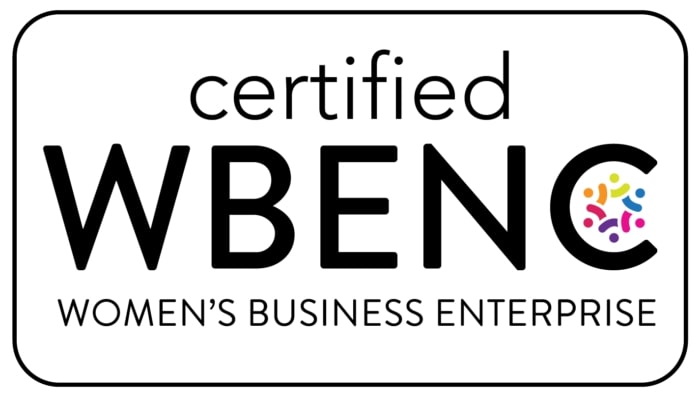The publication of the Final Guidance on L-1B Adjudications Policy Memorandum
provides “consolidated and authoritative guidance on the L-1B program” and will serve as
guide for adjudication of all L-1B petitions pending or filed with the USCIS as of August 31,
2015. It is expected that the processing of L-1B visas will be substantially eased as a
result and allow for greater flexibility in the adjudication of such cases.
The final version of the L-1B memorandum reiterates some salient aspects of the L-1B
visa program and the interpretation of specialized knowledge including:
- Specialized knowledge is knowledge that is not easily obtained or imparted to other
- individuals
- Specialized knowledge “need not be proprietary” or “narrowly held within the
- Petitioning organization”
- Specialized knowledge need not command a high wage or managerial position
- within the Petitioning organization
- A test of the US labor market is not required for the L-1B visa program
The memorandum also establishes that one of two statutory criteria must be met by
Petitioners looking to demonstrate specialized knowledge and that favorable comparisons
are the way in which Petitioners can meet these criteria:
Criteria 1: Specialized Knowledge – The Beneficiary must have special knowledge of the
Petitioner’s products and/or services and their application in the international market. In
this case, the Petitioner must demonstrate that the Beneficiary has knowledge in their products and services that is “distinct or uncommon in comparison” to the knowledge of similarly situated workers in the particular industry.
Criteria 2: Advanced Knowledge – The Beneficiary must have advanced knowledge of or
expertise in the Petitioner’s processes and procedures. The Petitioner must demonstrate
that the Beneficiary has knowledge in their processes and procedures that is “greatly
developed or further along in progress, complexity, and understanding in comparison” to
other workers employed by the Petitioner.
With regards to L-1B extensions, the L-1B memorandum establishes that the USCIS will
make a decision on an L-1B extension petition based on the record before it, consistent
with the new policy provided in the final memorandum. The USCIS will give deference to
the prior determinations whereby the USCIS approved the L-1B petition, as long as the
circumstances of the extension petition are largely the same as the circumstances of the
original petition.
Please feel free to contact USILaw with any questions or issues that you may have. You
may reach us via telephone at +1 (202) 618 4540 or via email at info@usilaw.com.




